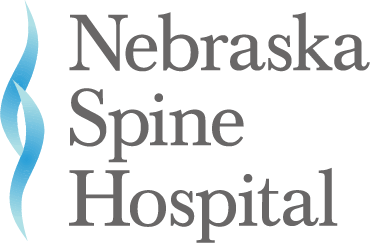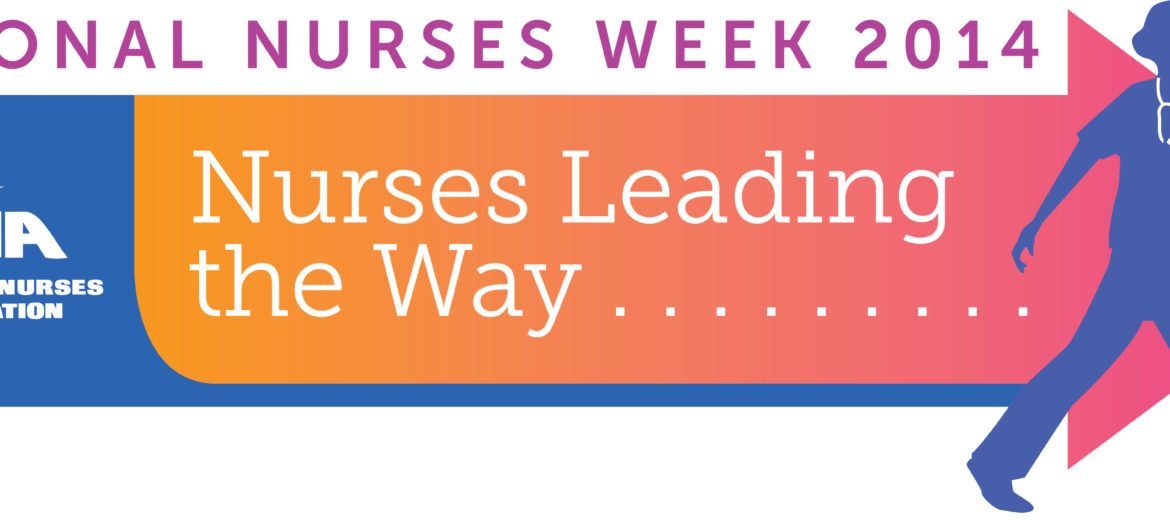To celebrate Nurses Week and to honor the dedicated nursing team at Nebraska Spine Hospital we will be highlighting our nurses all week on the blog and on social media.
National Nurses Week Recognizes Nurses’ Leadership, May 6-12
Patients often recognize that a nurse is the health care professional with whom they and their families have the most direct contact. But they might not realize that nurses also are leaders in improving the quality of care and expanding access to care. That’s why May 6-12 is celebrated as National Nurses Week, an annual opportunity for communities to recognize the full range of nurses’ contributions.
This year’s theme, “Nurses: Leading the Way,” recognizes nurses as leaders at the bedside, in the boardroom, throughout communities and in the halls of government. The public holds nurses in high regard and trusts them to advocate for patients. For the past 12 years, the public has ranked nursing as the top profession for honesty and ethics in an annual Gallup survey.
Beginning with National Nurses Day on May 6, nurses are being honored as leaders who improve the quality of health care. Nurses practice in diverse roles, such as clinicians, administrators, researchers, educators and policymakers.
“All nurses are leaders, whether they are in direct patient care, administrative roles, or meeting consumers’ needs in new roles such as care coordinators or wellness coaches,” said ANA President Karen A. Daley, PhD, RN, FAAN. “This week, we acknowledge nurses’ vast contributions and how they are leading the way in improving health care and ultimately, the health of the nation.”
Nurses are leading initiatives to increase access to care and improve outcomes by focusing on primary care, prevention, wellness, chronic disease management and the coordination of care among health care providers and settings. These are areas in which nurses excel given their education and experience.
As the Affordable Care Act is fully implemented, nurses will be more crucial than ever, leading efforts to expand primary care at community-based clinics and deliver more efficient and cost-effective care as members of collaborative health care teams. Consider that:
• Nursing is the nation’s largest health care profession, with nearly three million employed professionals.
• Nursing is projected to grow faster than all other occupations: The federal government projects more than one million new RNs will be needed by 2022 to fill new jobs and replace RNs who leave the profession.
• Demand for nursing care will grow rapidly as Baby Boomers swell Medicare enrollment by 50 percent by 2025 and millions of individuals obtain new or better access to care under the health care reform law.
• Nurses are rapidly creating and expanding new job roles – such as nurse navigators, care coordinator specialists, and nurse wellness coaches — to help patients secure resources, obtain seamless comprehensive care, and develop healthy lifestyle practices.
Wherever health care is provided, a nurse is likely to be there — hospitals, ambulatory care centers, private practices, retail and urgent care clinics, nurse-managed health centers, homes, schools, nursing homes, and public and nonprofit agencies.
Increasingly, nurses with advanced degrees, such as nurse practitioners, are providing primary care services and managing chronic illnesses. Studies show patients are highly satisfied with their services and are experiencing outcomes comparable to those of physician services.
Source: American Nursing Association

